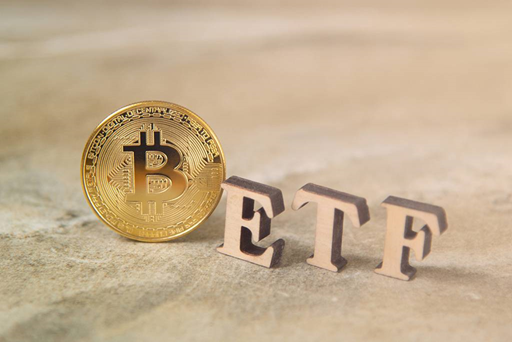Cboe BZX Files to Allow Physical Redemption for Invesco Galaxy Bitcoin and Ethereum ETFs
The move would improve the trading efficiency of ETFs by eliminating the need for cash to create and redeem shares.

Cboe BZX Exchange has filed a rule change proposal with the U.S. Securities and Exchange Commission (SEC) to allow the creation and redemption of shares of Invesco Galaxy Bitcoin and Ethereum ETFs through physical redemptions.
Allowing physical redemptions would allow investors to exchange the underlying assets of the ETFs, such as Bitcoin (BTC) and Ethereum (ETH), for shares without having to pay cash. This would reduce additional costs such as brokerage commissions and bid/ask spreads, while improving the efficiency of ETF trading.
The proposal, released on Thursday, opens up new avenues for investors interested in Bitcoin and Ethereum, allowing them to participate without having to hold the physical assets.
Analysts’ reaction and SEC approval
While the SEC is considering the proposed rule change, a public comment period has been opened for stakeholders to share their views before a final decision is made. Only institutions involved in the creation and redemption of shares will be allowed to use the physical trading model, while retail investors will still have to use the cash-based trading method.
Invesco Galaxy’s move is similar to moves by other ETF providers, including BlackRock, which has also sought approval for this trading model in its ETFs.
Bloomberg analyst James Seyffart tweeted that the adoption of physical trading would “streamline” the ETF market, cutting out intermediaries and making trading more efficient.
Challenges for Bitcoin and Ethereum ETFs
Despite the SEC’s approval of a Bitcoin ETF earlier this year, and an Ethereum ETF in May last year, both ETFs are still facing some major challenges in the market. Bitcoin ETFs have recently seen outflows for seven consecutive days, with a total value of $371 million, according to data from investment firm Farside Investors.
Meanwhile, Ethereum ETFs have also faced a decline in inflows, with $21.57 million withdrawn over five consecutive days. Investor sentiment continues to decline, leading to increased outflows from exchange-traded crypto products.
However, ETF providers remain confident in the long-term potential of these products, hoping that improving the physical trading process will help overcome current challenges and attract more investors to the market.
